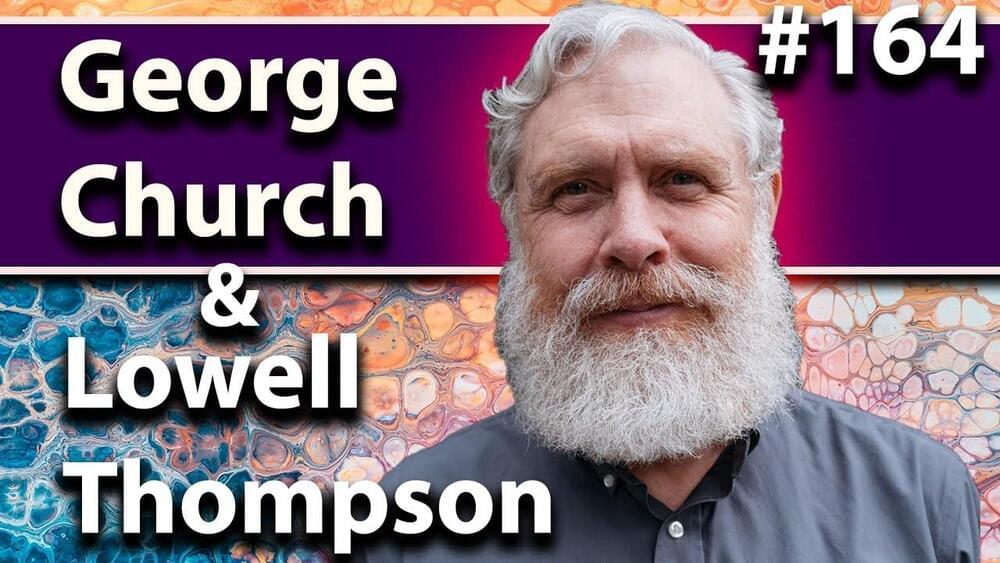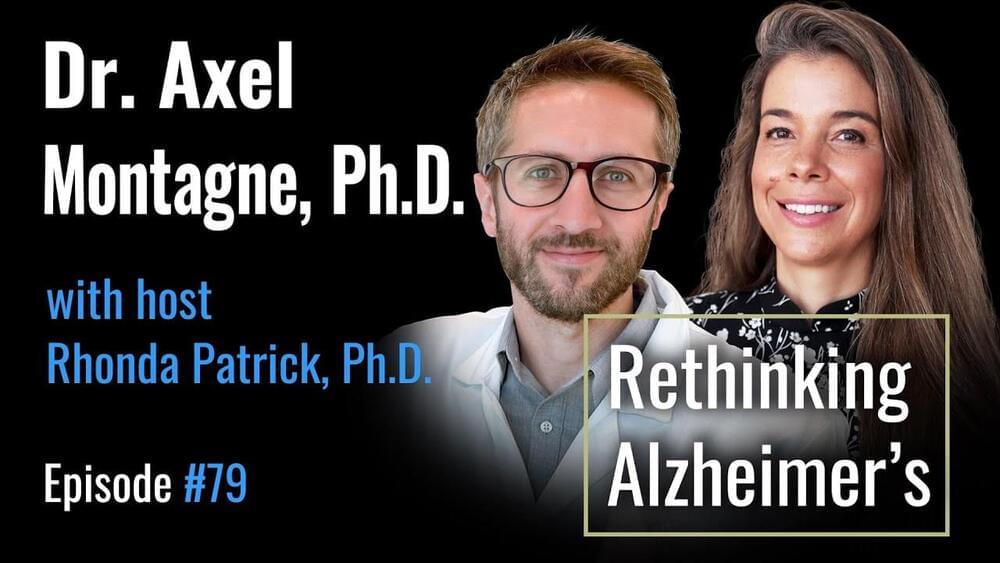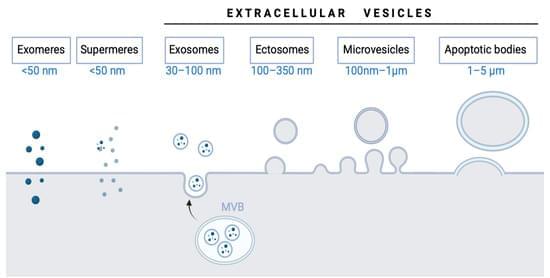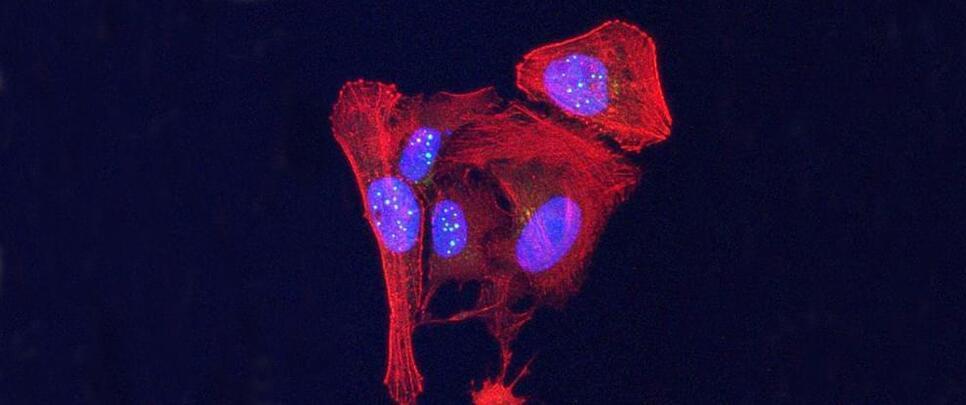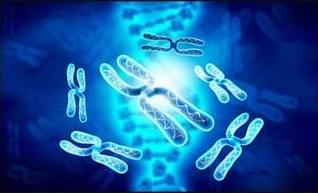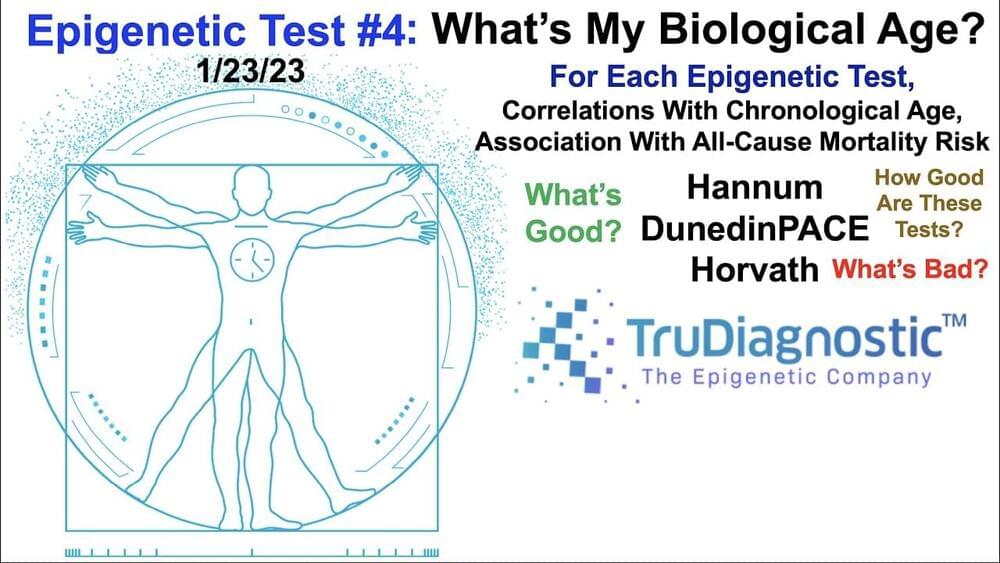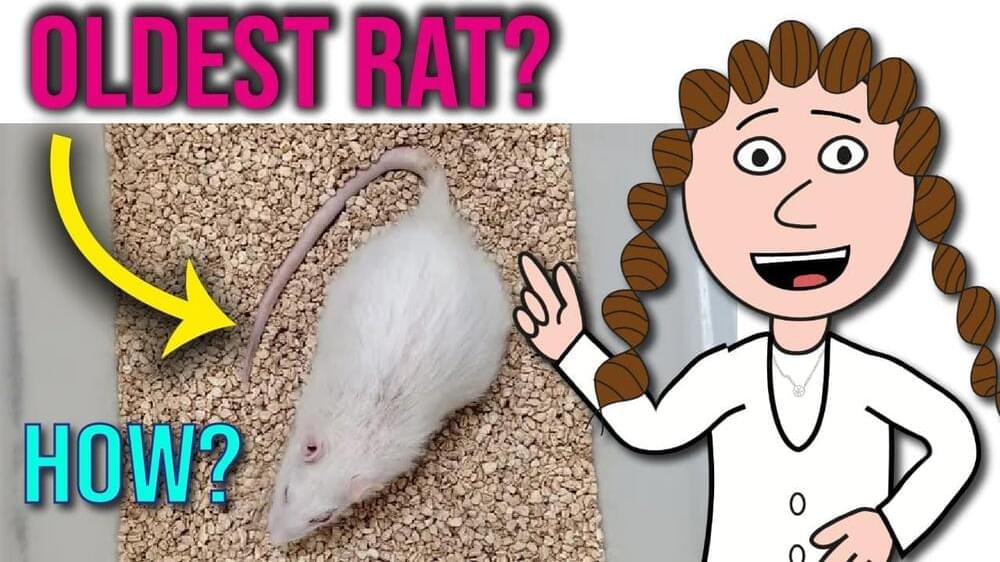Mar 4, 2023
How the longevity industry can deliver lives that are healthier — physically and mentally
Posted by Shubham Ghosh Roy in categories: life extension, neuroscience
While the mental has often played second fiddle to the physical when it comes to longevity research, this is changing – and not a moment too soon.
The physical and mental aspects of aging are interconnected, and given the strong connection between psychology and the physical pace of aging, poor mental health is starting to be recognised as a major driver of aging.
A raft of developments have demonstrated that physical lifespan and healthspan can be extended and improved, and now it is time for the longevity industry to achieve similar success when it comes to mental health. Sergey Jakimov, the CEO of Swiss investment group LongeVC agrees, and tells us why it’s time for VCs to get excited about backing startups delivering cutting-edge solutions for mental healthcare.


